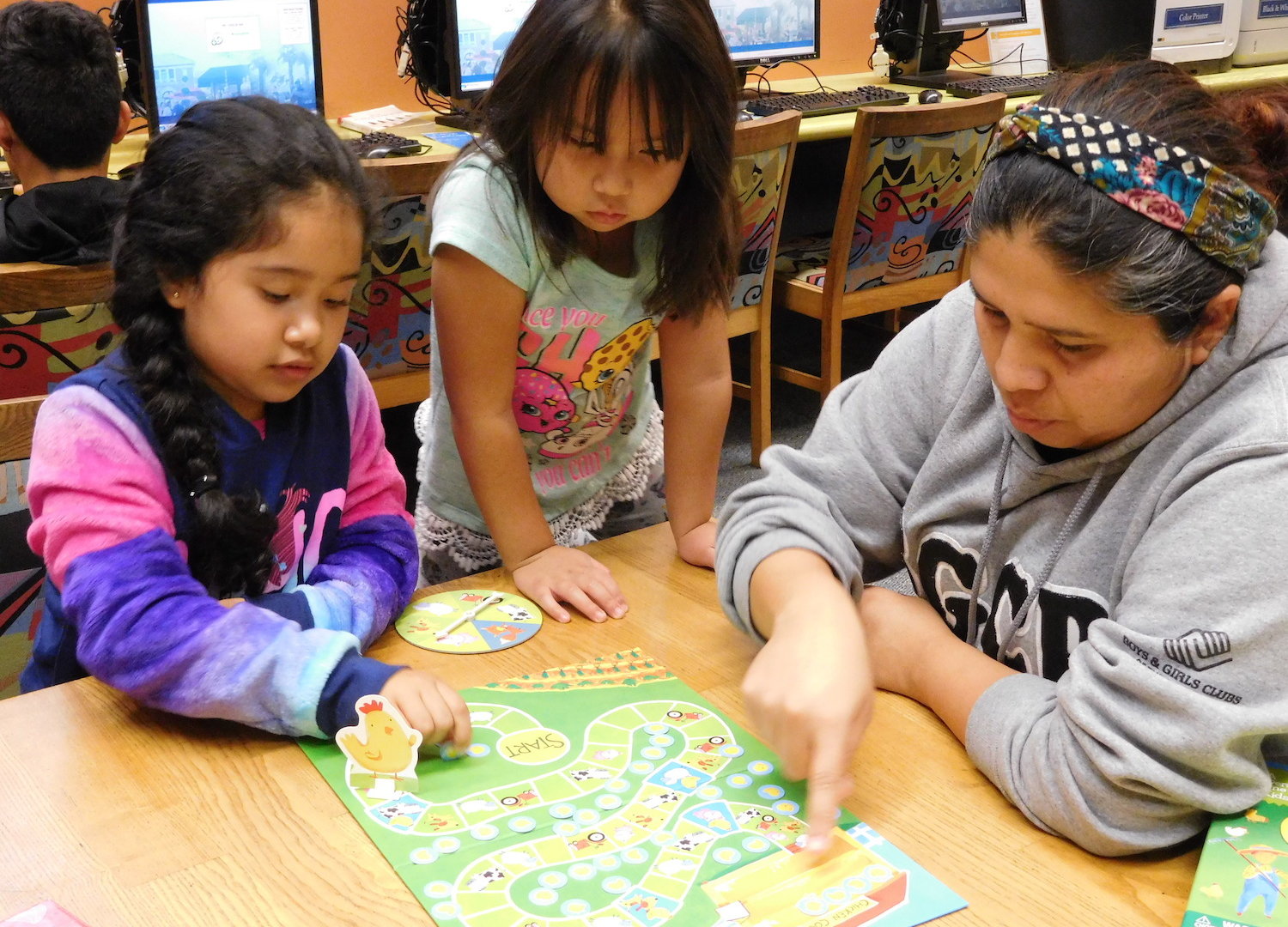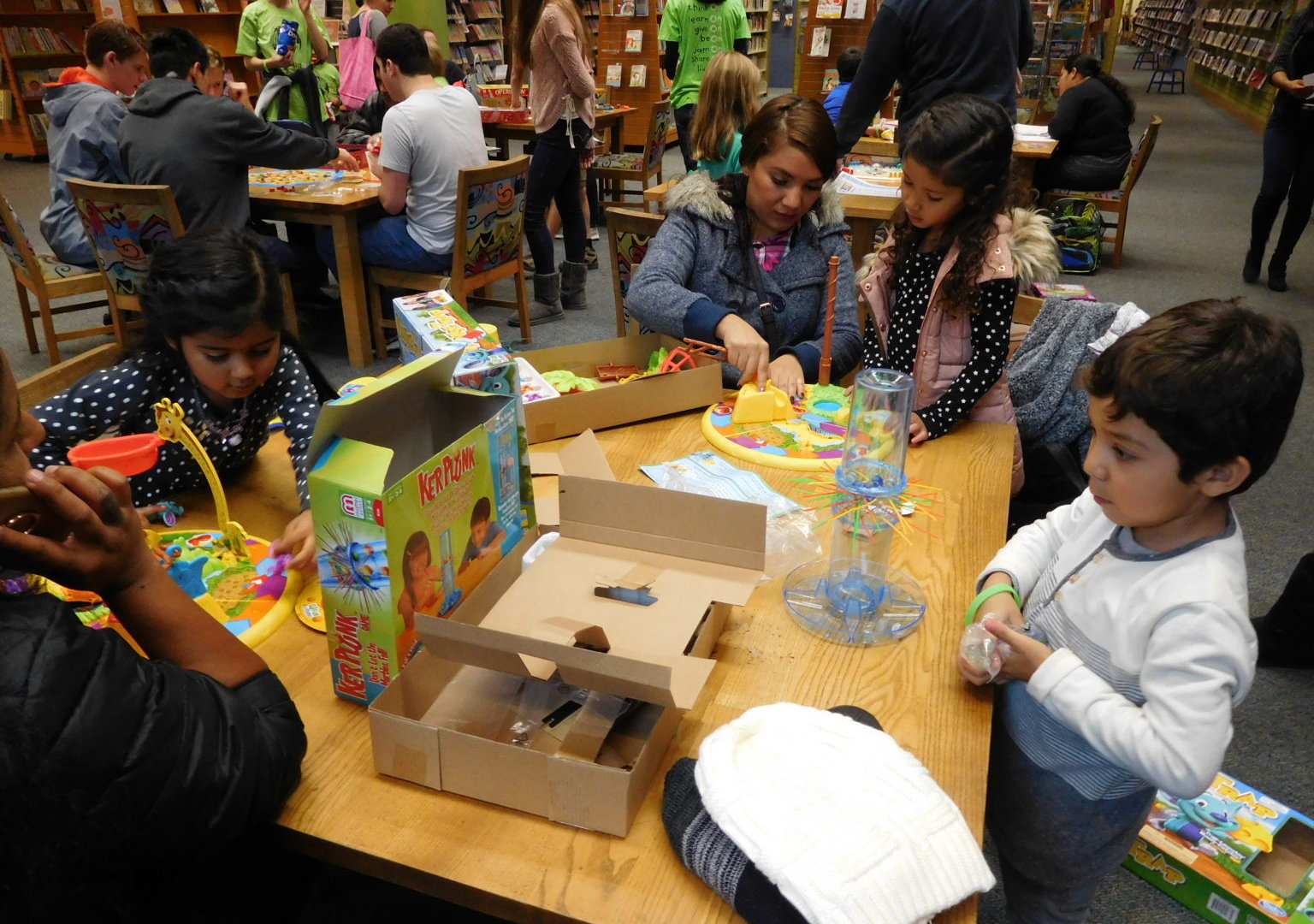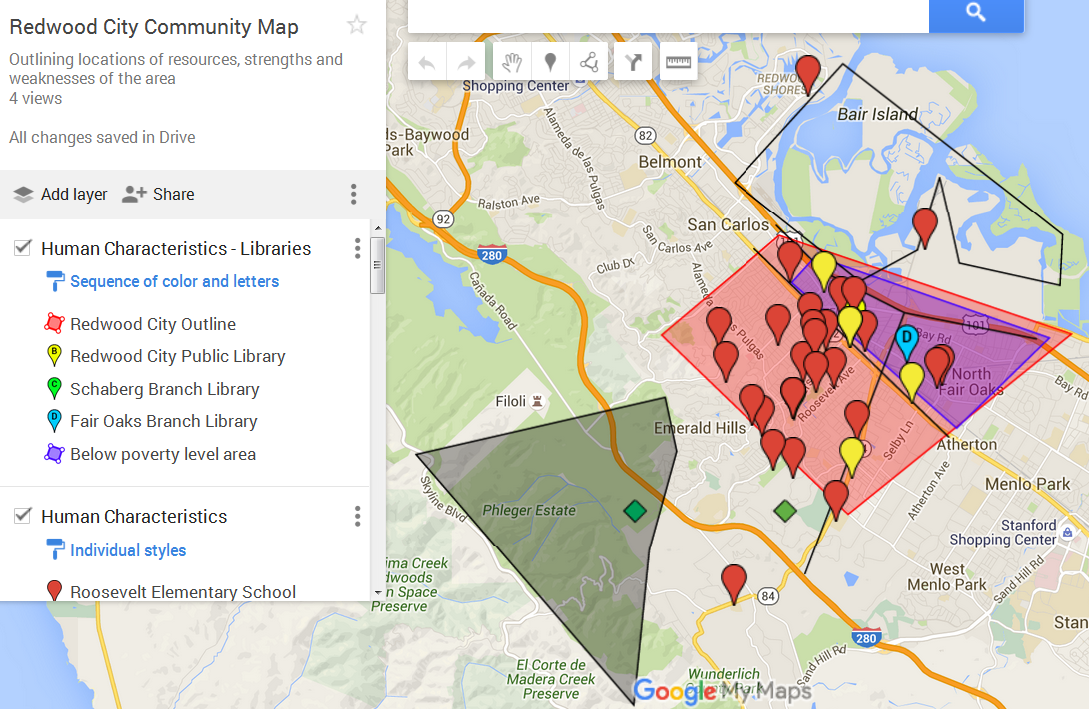The Problem
We hope to bring together families in the community for "unplugged" time to play board games. The board games will teach them basic literacy skills such as letter and number identification, following directions, graceful losing, counting, others. It will also teach social skills such as teamwork and taking turns. We hope to increase the literacy rate in our community since over 60% of our community's third graders are not proficient at reading. By encouraging working together as a family, we can begin at earlier ages and use the home as an extension of school teaching. In addition, we will be collecting and donating the board games to community battered family shelters which house over 1200 people so they can reconnect and begin positive memories to aid in their healing.
Our Plan
While delivering books to charities from a book drive, we discovered children in shelters were desperately in need of board games and books that would assist them in achieving reading level. As we delivered the books and saw children staring blankly at televisions, we were compelled to help these children learn some basic literacy skills through playing board games. Our area has less than 50 percent of third graders proficient in reading. This statistic is an accurate predictor of their future failure in school. Our group has sought to increase the reading proficiency in the area through various literacy events to make a difference, including encouraging board game play instead of non-interactive activities. Board game provides social interaction, a chance to learn how to win and lose gracefully, practice in strategy development and teamwork, and number and letter identification. Encouraging family board game play helps develop ongoing needed social and literacy skills for future academic success. In addition, board game donations we collect prior to and during the board game day will provide many hours of safe, fun, educational fun to families experiencing a traumatic time in their lives at battered family shelters. Not only will this one day of board game play effect the participants (Carnegie Mellon University Study (2007) – a group of low-income preschoolers playing a board game helped them improve their performance on 4 kinds of numerical tasks. Those gains were still evident 9 weeks later) but the positive experience will encourage them to integrate this play into their weekly family activities. The participants at the library will find the library a safe, comfortable place to conduct family activities encouraging future visits. The families in the shelters will experience the benefits of game play for many years to come (Hernnstein et al (1986) – middle school students can make substantial improvements in problem-solving ability – even general IQ – when they are taught general principles of critical thinking offered while playing board games).


